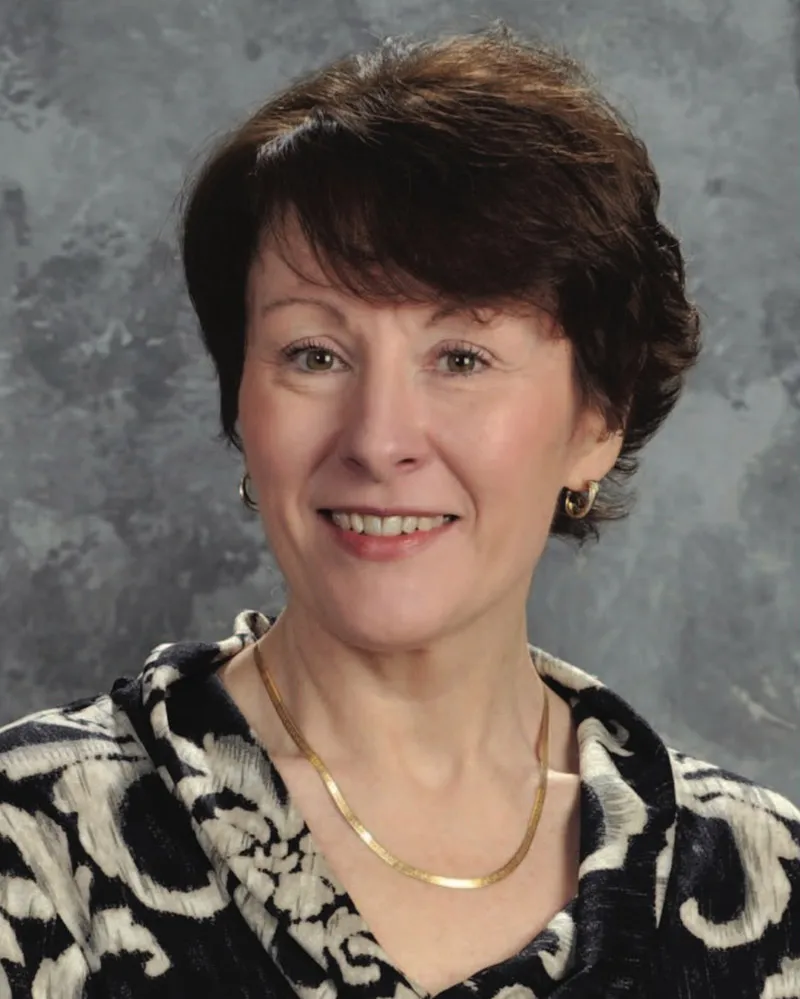Mobile Menu
- Future Students
- Current Students
- Postdoctoral Fellows
- Research
- Commercialization & Partnerships
- Curriculum and Teaching
- News & Events
- About Us
 Professor
Professor
Excellence in Linking Undergraduate Teaching to Research in Life Sciences
Undergraduate Teaching Awards in Life Sciences
Biography
Denise is a Professor of Physiology, Medicine, and Ob/Gyn at the University of Toronto, Canada. She has served as Acting Chair and Vice Chair of the Department of Physiology. She has over 25 years of neuroendocrine research in obesity, circadian rhythms, and reproduction. The main focus of her laboratory is to understand, at the molecular level, how the hypothalamus achieves its diverse physiological functions. With this in mind, she developed an array of over 250 clonal neuronal cell models from the hypothalamus, now in over 600 labs worldwide, and started a biotech company to distribute the lines, CELLutions Biosystems. She was the Chairperson for the International Congress of Neuroendocrinology held July 2018 in Toronto, and currently is the President of the Pan American Neuroendocrine Society. She has served on the Canadian CIHR, as well as many international, grant review committees. She has also served on many Editorial Boards for top endocrine journals. Recently, she was awarded the “Sustained Excellence in Graduate Teaching and Excellence” in 2019 and this year the “Excellence in Linking Undergraduate Teaching to Research in Life Sciences Award” in 2020 for her contributions towards the careers of the over 125 trainees from her laboratory. She is particularly proud that many of her trainees have been young women, well poised to pursue advanced scientific careers for which she serves as a role model, due to her combination of an exceptional scientific program in neuroendocrinology, her success as an elite female entrepreneur with two successful start-up companies (and a third underway), as well as raising twin boys over the past 20 years. Her career has been supported by the MRC/CIHR for 30 years, and NSERC since she arrived in Toronto in 1996. She has held a CRC in Neuroendocrinology. She has published over 120 peer-reviewed papers in her field and is invited to present her work globally.
Quote from the Winner
“The most gratifying part of being a mentor to young scientists is observing the profound growth, both professionally and personally, that occurs during this influential stage of their lives. The exposure to the scientific process, with all of the realities of being a scientist, the ups and downs, strengthens their character and prepares them for any future opportunities and challenges. My own PhD supervisor often said that the proof of a successful mentor is when the student surpasses the teacher – I hope to witness this outcome for all of my trainees.”
About the Award
This award recognizes sustained excellence, mentorship and innovative methods that link undergraduate teaching to experiential research opportunities such as research project courses, summer student research projects or equivalent programs.